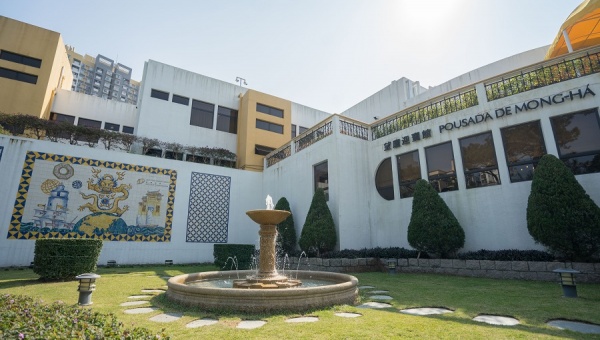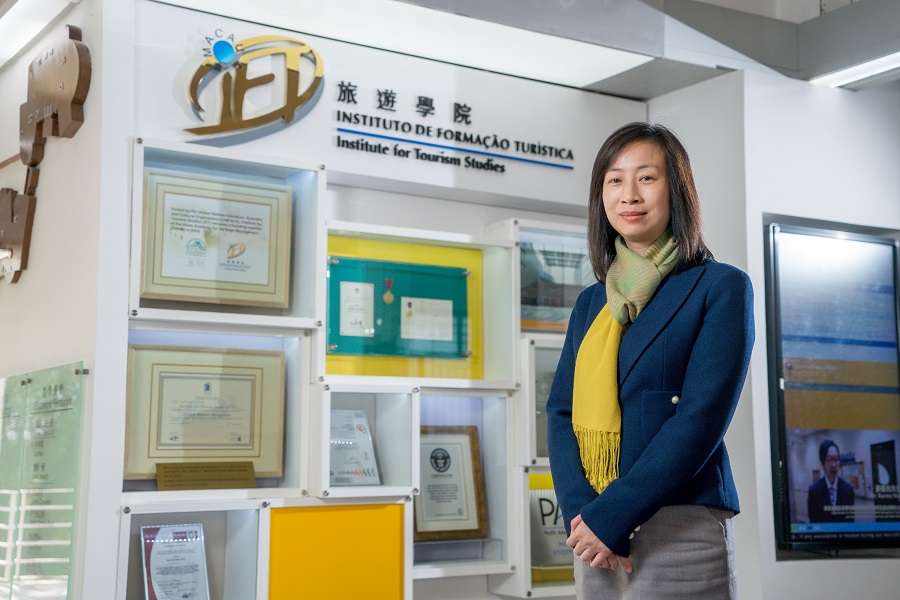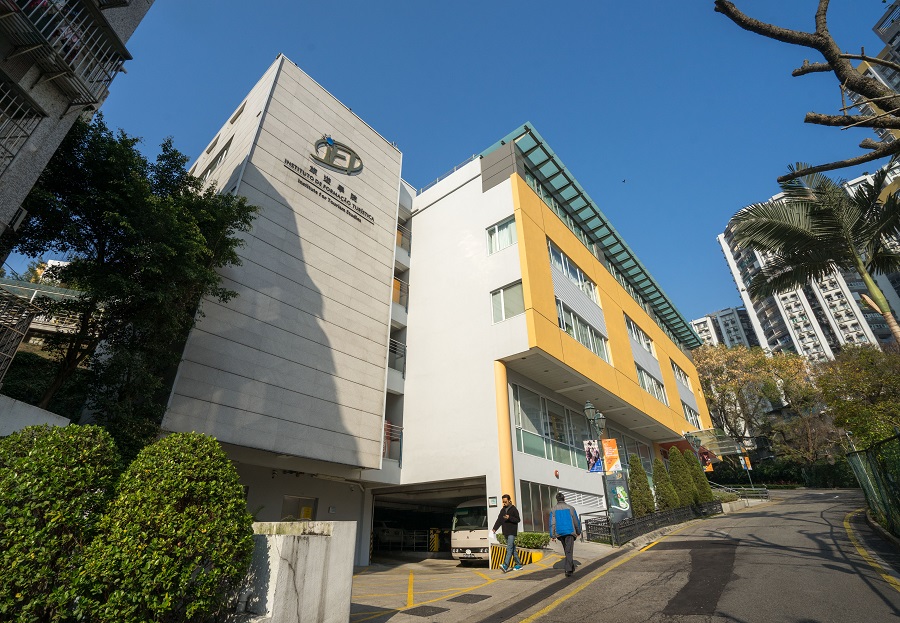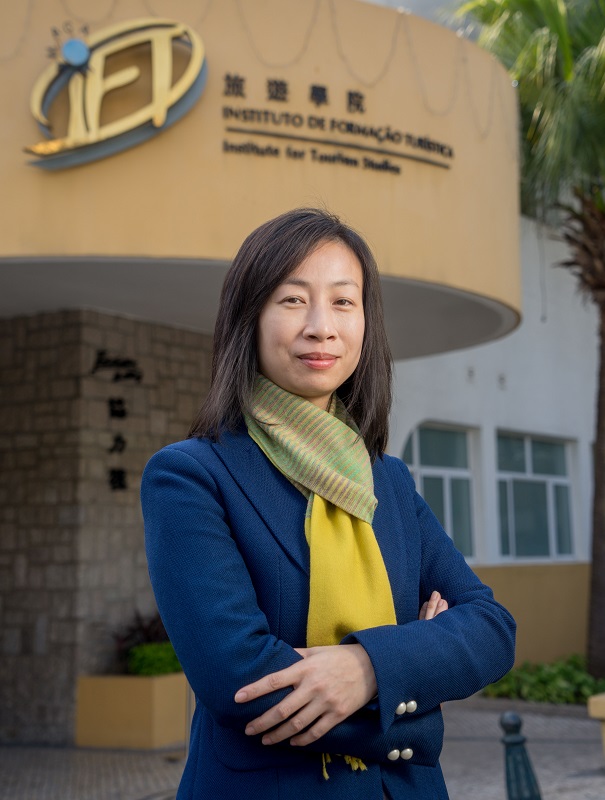Striving for globalisation, diversity and professionalism
Tourism in Macao has been thriving rapidly in recent years following the opening of many internationally renowned hotels and casinos. As early as 1995, the former Portuguese Macao Government had the foresight to establish the Institute for Tourism Studies (IFT), with the objective of nurturing talents for the tourism industry.

Today, eight bachelor degree programmes offered by IFT have been granted the UNWTO.TedQual Certificate, making IFT the tertiary institution with the most bachelor degree programmes certified under the system around the world. In 2017, IFT successfully obtained the top grade in the International Quality Review (IQR) of the Quality Assurance Agency (QAA) based in Britain. It is the first tertiary education institute to receive such international recognition
In the QS World Rankings by Subject 2017 for hospitality and leisure management programmes, IFT is ranked the second highest ranked university in Asia and the 18th in the world for the discipline, higher than many prestigious universities in Switzerland, Britain, the United States and Australia.
Dr. Fanny Vong, IFT President, says: “The Institute offers degree and professional programmes in a wide spectrum of tourism-related disciplines such as hospitality, culinary arts, events, heritage, leisure and entertainment, retail and marketing, creative arts, sports and recreation.”

“IFT Programmes are highly internationalised,” she adds. “Since the very beginning, we have been cooperating with a variety of local and overseas institutes and organisations, as well as a number of tourism-related organisations of the United Nations or different regions, offering prime opportunities for collaboration and internship. Thus, students will be able to take part in exchange programmes or internships overseas. Among them, the internships at the Madrid Headquarters of United Nations World Tourism Organisation, and the Bangkok Office of United Nations Educational, Scientific and Cultural Organisation are the most sought-after. They can gain more international exposure by spending half year abroad.”
“As a platform for exchanges among various international and regional tourism organisations, IFT shares teaching experience and knowledge with other institutes all over the world,” Vong continues. “In addition to that, with over 100 experienced teachers from 20 different countries and regions, IFT has a more tourism-focused and international teaching team in comparison to other institutes in Asia.”

“The instruction medium of daytime bachelor degree programmes is English,” Vong explains. “Elites of the tourism sector and the senior management of enterprises are often invited to be guest lecturers so that our students are able to closely follow the development trends of the industry,”
In recent years, Macao has committed itself to becoming the World Centre of Tourism and Leisure, hence, there is expected to be a high demand for talents in the tourism and hospitality sectors.
“Over 90 per cent of our graduates are able to land on a job with a median monthly income of nearly MOP15,000,” says Vong. “For years, we have maintained close ties and partnerships with various stakeholders in Macao tourism. With more hotels, casinos and related facilities in Macao due to open in the future, the mobility of the industry will remain high, providing lots of opportunities for talent developments and promotion.”
To enable workers in the tourism industry to enhance their professionalism, IFT also offers a number of evening bachelor degree programmes, as well as short-term certificate, diploma and international qualification courses of various disciplines, cultivating a diverse range of talents every year.
“Currently, about 85 per cent of our students are Macao residents, while the remaining 15% are non-local students, including those coming from the Mainland China, Hong Kong SAR, Chinese Taiwan and other countries,” explains Vong. Thanks to the promising prospects of the tourism and service industries, competition for places in our school is fierce.
“Candidates are chosen based on the principle of selection on merit, especially for the Culinary Arts Management Programme which has a lower intake. Applicants have to meet the corresponding requirements in public exams and undergo an interview before they are granted admission to their favourite programme.”

ref:http://www.educationpost.com.hk